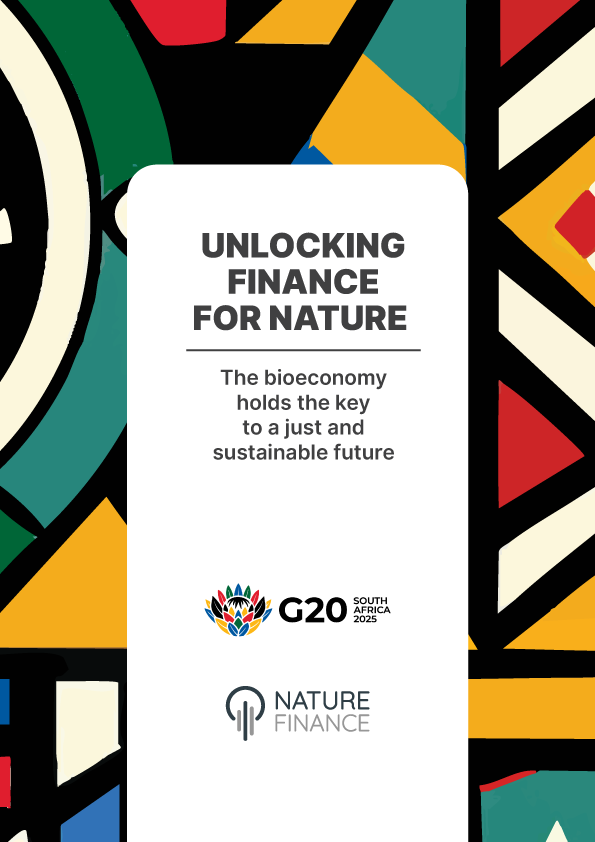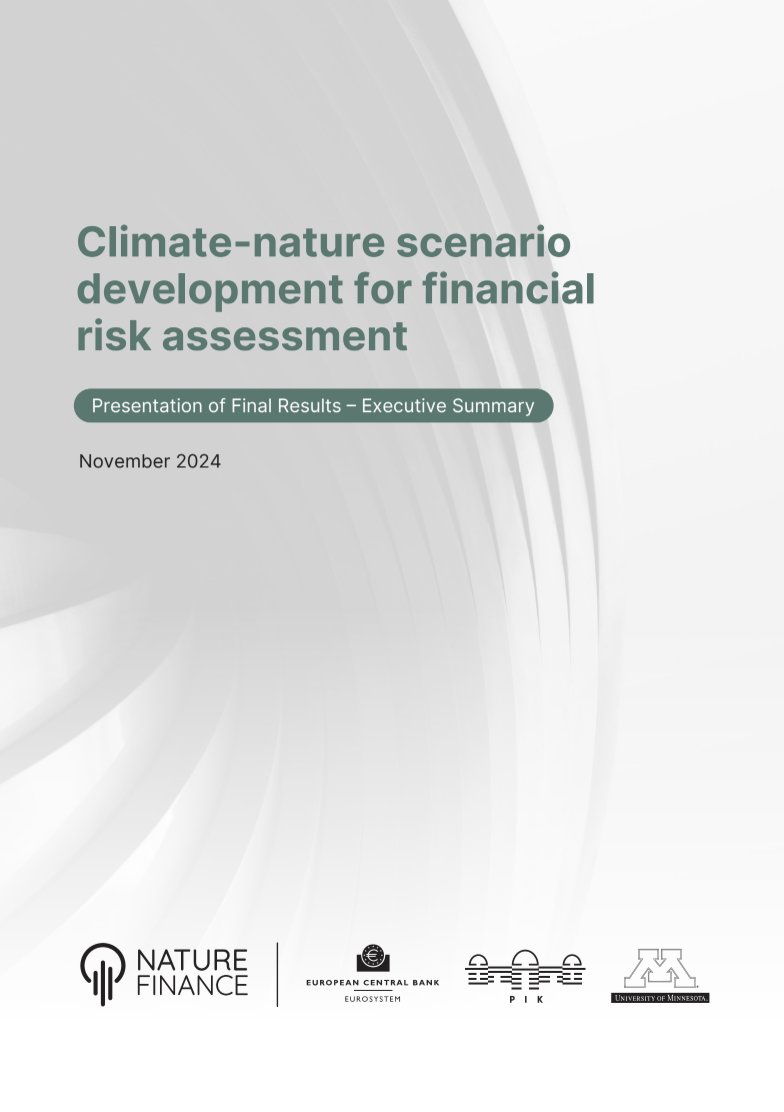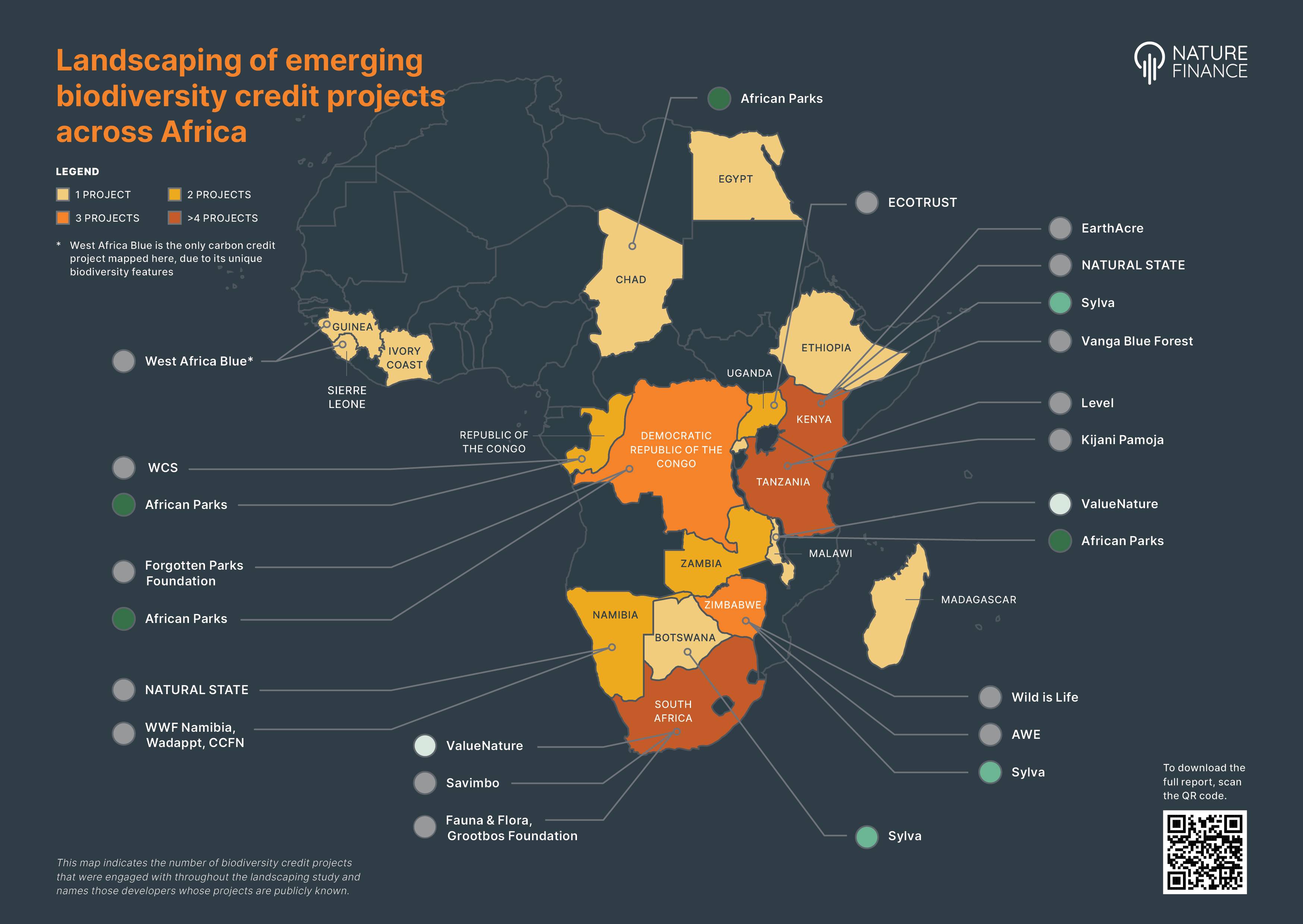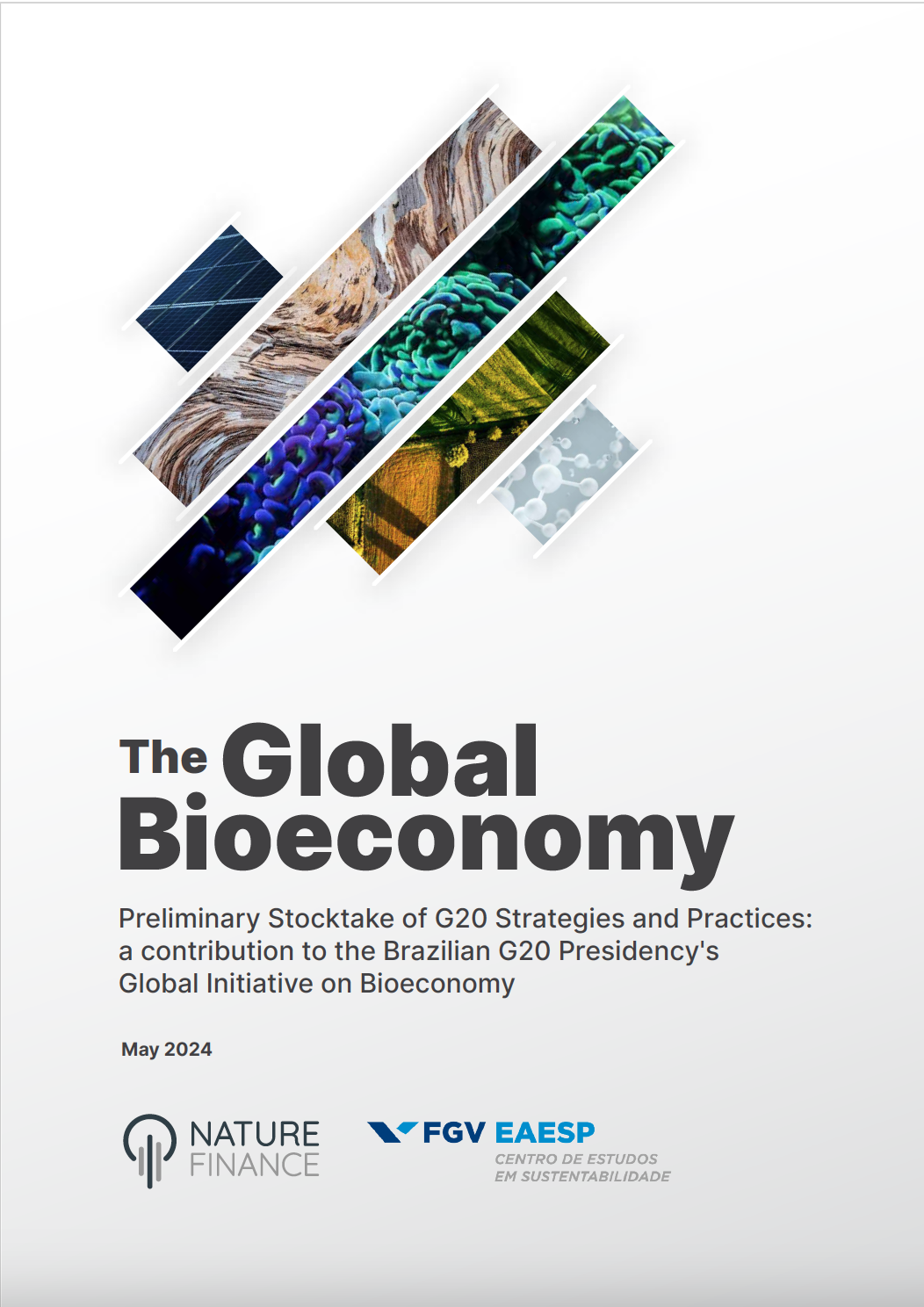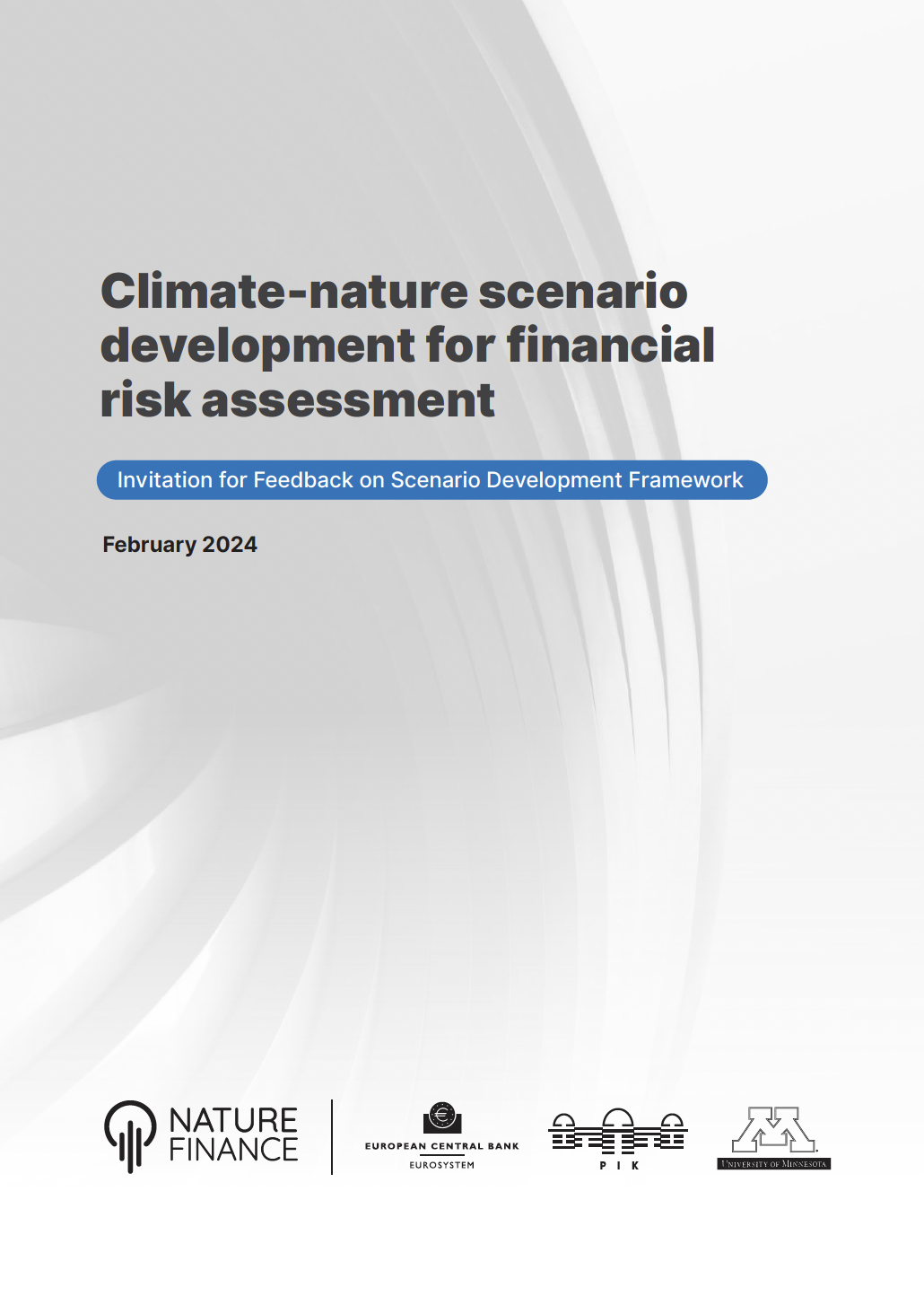About the paper
Given the importance that legal frameworks, precedents, and measures play in the governance of nature markets, this paper covers three serious emerging environmental rights which sit at the intersection of nature, law, and human rights. This paper examines developments in environmental rights, with an overview of the right to a healthy environment and ecocide, and then delves deeper into the emergent rights of nature. This paper analyses the implications for nature markets and how they could be shaped by these rights.
Key themes
- Rights of Nature
- Ecocide
- Right to a healthy environment
- Nature market governance
Highlights
- These three emerging nature-related rights were selected due to their prominence in international environmental law in recent years, either through national adoption, landmark cases, or influential public campaigns. What they all have in common is a move from the idea of humans having dominion directly over the environment, a mindset responsible for the current biodiversity and climate crisis, to a more ‘biocentric’ way of thinking.
- A set of key common substantive rights have emerged, either explicitly mentioned as in Latin America and Uganda, or hinted at existing in other jurisdictions. An exploration of these rights individually in detail is needed. Nature has the following core rights: Right to exist; Right to continue existing; Right to be restored.
- This paper maps and details where Rights of Nature have been applied and under what jurisdictional contexts.
- The benefits from ecosystem services are transboundary in nature, so their recognition in international law will once again limit the sovereignty enjoyed by States towards the environment within their borders. It would also increase State responsibility to stakeholders beyond their borders, and so too increases their duty to care for the environment that lies within their borders and strengthens the Rights of Nature by respecting the ecosystem services it provides.
- What these legal developments indicate is a paradigmatic shift in the understanding of humans’ relationship with nature. More than this, what the legal rights of nature do that conservation and environmental law alone has not, is create active and responsive boundaries in markets. They embed voice in markets by empowering all citizens to speak on behalf of natural entities and to demand legal action when transgressions occur. While nature markets continue to valorise nature and its services, these RoN restrict the parts of nature that cannot be economically valued and traded, even in principle, even in secondary markets.
